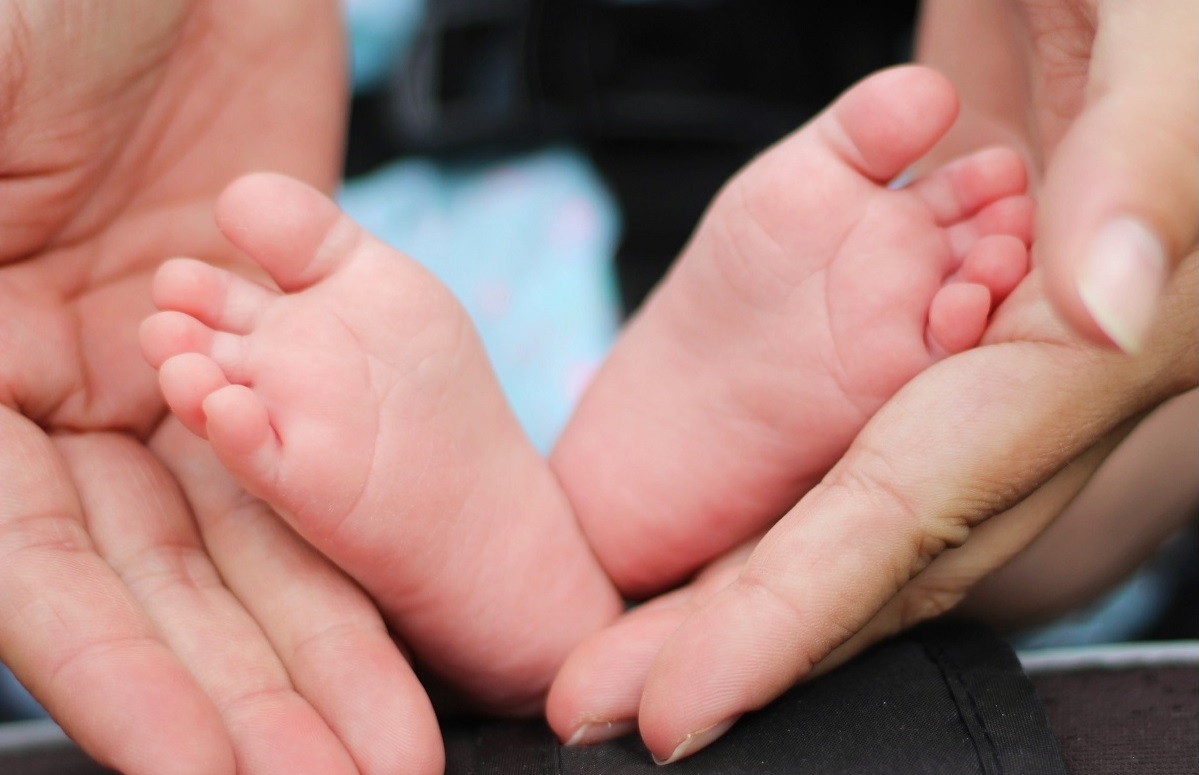
Hong Kong is Asia’s most powerful economic hub and has a fast-paced, highly demanding work life. For people working in Hong Kong, work takes center stage of their life and while this may be good for career growth, it often becomes a problem for young couples or women who are expecting to become parents.
According to Hong Kong law, a father is allowed up to three (it is expected that this figure will rise to five) days of paternity leave while women are allowed up to 10 weeks of PAID maternity leave if they have been employed for at least 40 weeks immediately before the commencement of scheduled maternity leave. Compared to international laws on maternity and paternity leave policies, Hong Kong is still far behind.
There have been repeated calls for Hong Kong’s maternity leave laws to be brought into line with the 14-week standard pegged by the International Labour Organisation (ILO). According to the ILO, at least 74 countries worldwide provide a minimum of 14-weeks PAID maternity leaves while Hong Kong still has multiple conditions for a mother to be eligible for the paid leaves.
Paternity Leave in Hong Kong
Compared to Japan and Korea where fathers are entitled to a year’s paid leave, Hong Kong has only three days which can be availed either before the due delivery or after. In order to be eligible for the paternity, the father has to prove the following:
-
Biological father of the child
-
Continuous employment of at least 40 weeks before delivery date
-
A birth certificate with father’s name cited as the child’s father to the employer within 12 months after the first day of the paternity leave
To take the paternity leave, the applicant has to send in an application three months prior to the delivery date leaving the exact date open for confirmation towards the last few days. The father is not required to be married to the mother for taking the leave and can avail it any time before or after the delivery date. Apart from the father’s personal details, the employer might require the father to provide the mother’s details including her name and actual delivery date.
Hong Kong’s leave rate is calculated at 80% of your average daily wages earned in the 12-month period preceding the day of paternal leave. With just 3 days of paternity leaves, fathers living in Hong Kong are not able to help out their partners in managing the first month of parenthood which is actually quite difficult for women. It is hoped though that with the repeated calls for adjustment to the paternity leave in Hong Kong, there will be more days allocated. In the meanwhile, most organizations do generously give fathers 14-days of paid off so you can ask your organization’s leave policy when you’re expecting to become a dad.
Maternity Leave in Hong Kong
Internationally, women are allowed 14 weeks of paid maternity leaves, however, in Hong Kong it’s only for 10-weeks which again has been challenged as people request for more time-off. To be eligible for the paid time off, you have to be employed for at least 40 weeks, working 18-hours per week prior to the intended time off. If you’ve worked for under 40-weeks, it will be 10-weeks of UNPAID leaves. To avail the leave, you will have to provide a medical certificate stating the expected delivery date. Although the law gives 10-weeks of paid leave, some organizations have a generous offering of 20 weeks, therefore, it all depends on how kind your organization is towards working mothers.
Your maternity leave starts 2 to 3 weeks prior to the delivery date with the remaining weeks after the delivery and the rate is calculated at 80% of your average daily wage. You can also ask for additional leave after these if you have any problem or illness post-delivery, however, those days will be counted as sick leave instead of maternity leave.
Although Hong Kong is far behind other countries in terms of official maternity and paternity leaves, employers are often generous enough to give more days than what is official. It is therefore advisable to discuss this with your employer if you’re expecting and have your leave planned out.